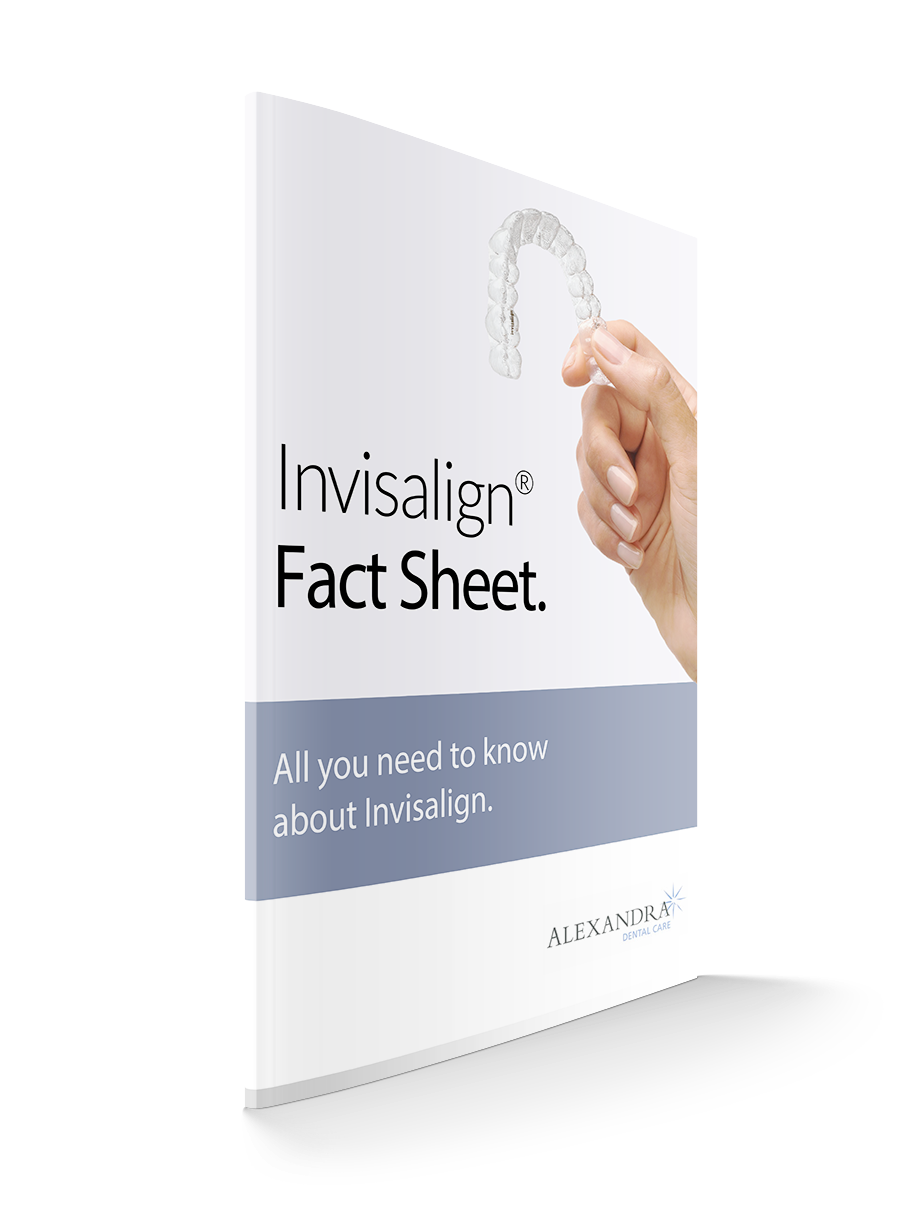What Is Plaque?
The implications for our teeth and gums when plaque is not well managed.
Plaque is a word that many of us associate with poor oral health. It can certainly be damaging to both teeth and gums, and it is also something that all of us have to deal with. Plaque is formed simply because our mouths are full of bacteria. Not all of these are bad and some help to break down food ready for better digestion; but left unchecked, some of these bacteria can eventually cause damage to both our teeth and gums.
At Alexandra Dental Care, we endeavour to educate our patients on the importance of keeping oral bacteria under control through improved home care and periodic professional help.
What is plaque?
Plaque is the sticky translucent substance that adheres to our teeth and on the gum line. Most of the time it will be more or less unnoticeable, especially if we clean our teeth well. Some of our readers though may be more familiar with it if they drink alcohol. Alcohol can often cause a dry mouth overnight and this encourages the growth of bacteria in our mouths, leaving a noticeable sticky white ‘goo’. This is plaque, albeit in larger quantities than normal.
Why is it harmful?
Although plaque is entirely natural, it is important that our Burton and Ashby patients take action to keep it under control. If you don’t, the risk of both tooth decay and gum diseases such as gingivitis and periodontitis will significantly increase.
The acids generated by the bacteria in plaque, if left uncontrolled, will gradually cause the enamel on our teeth to erode, leaving them more vulnerable to cavities. Soreness and irritation of the gums is also likely and gum disease will almost certainly soon follow. As we have mentioned before, this can lead not only to unpleasant side effects such as gum soreness and bad breath, but eventually to unstable or even lost teeth.
How can it be managed?
As we produce plaque on a daily basis, it follows that regular daily cleaning is also necessary to keep it under control. This can largely be done at home, although, as some places where plaque collects can be difficult to reach, it is also advisable to see a dental hygienist every six months or so for a ‘scale and polish’ where your teeth are professionally cleaned. Where plaque is not removed it will eventually form a substance known as ‘tartar’. This is a hardened form which securely attaches itself to our teeth. Brushing alone will not remove it and a scale and polish will be necessary to do so.
The fundamentals of cleaning revolve around brushing our teeth. There are some good quality toothpastes available which particularly target plaque and will help to remove it. Whatever toothpaste you use though, a good quality tooth brush and at least two minutes brushing, both morning and night are essential for a healthy mouth. Make sure to brush all the surfaces of the tooth too, including the rear of the teeth. Don’t just focus on the surfaces that you can see.
Another reason why we recommend that you see our hygienist is so that they can show you how to use dental floss correctly. Too many people either never start to use this or give up as they find it difficult. It is, however, still the most effective way of removing both food remnants and bacteria from the spaces between our teeth.
Keeping the bacteria in our mouths under control will help you to avoid a great many common oral problems and should not be underestimated. We are here to help you to do just that and are happy to offer advice or answer any questions that you might have when you come to see us.
If you live in the Burton or Ashby area and are either not yet registered with a dental practice, or perhaps have let your appointments ‘slip’ for a while, you may wish to take a look at our website to see the wide range of services that we offer. Not only do we provide general dental care, but also cosmetic procedures that can help you to have a great looking smile.
To arrange an initial consultation with one of our dentists, please call Alexandra Dental Care on 01283 216347.
Google+
Comments are closed.